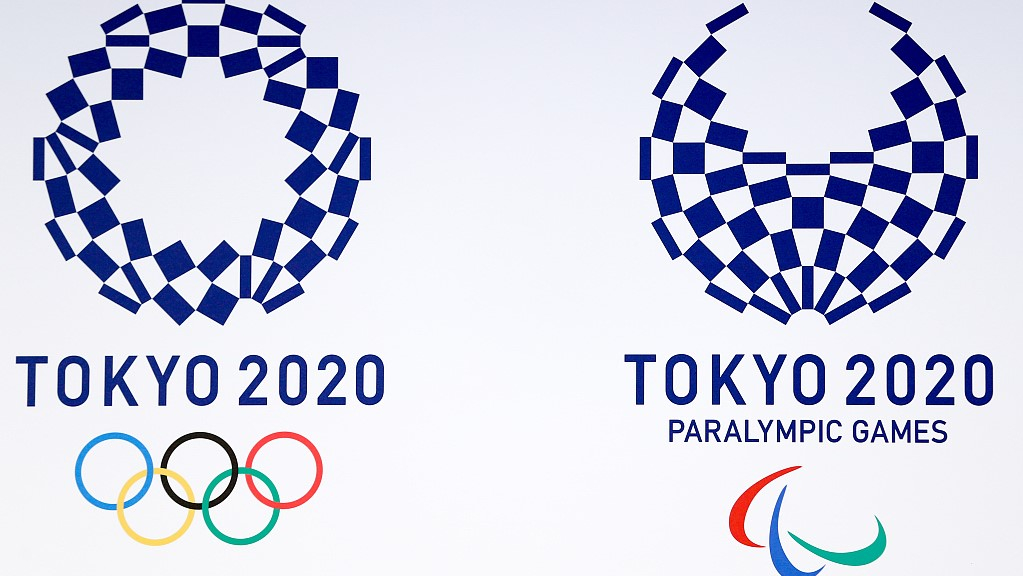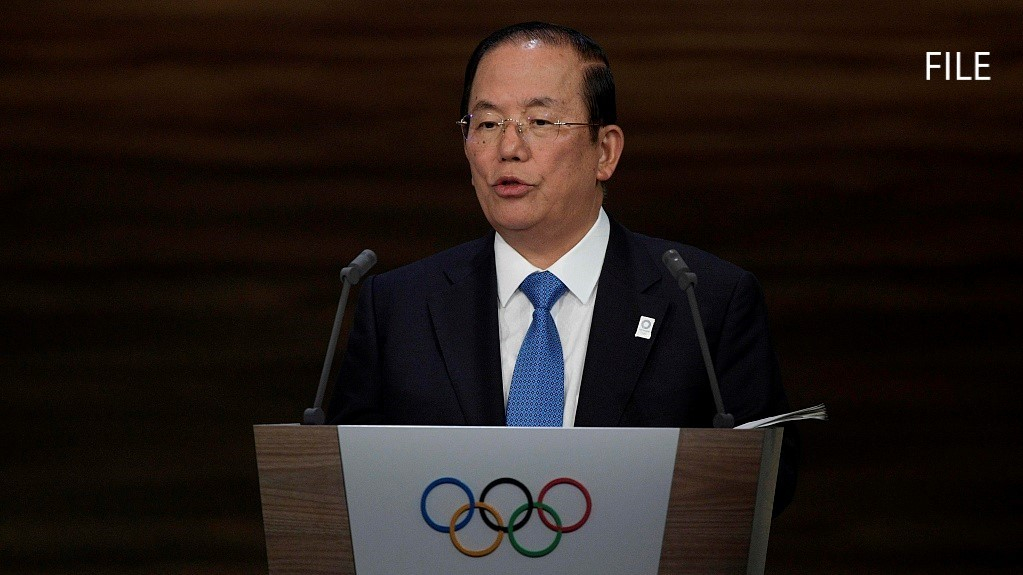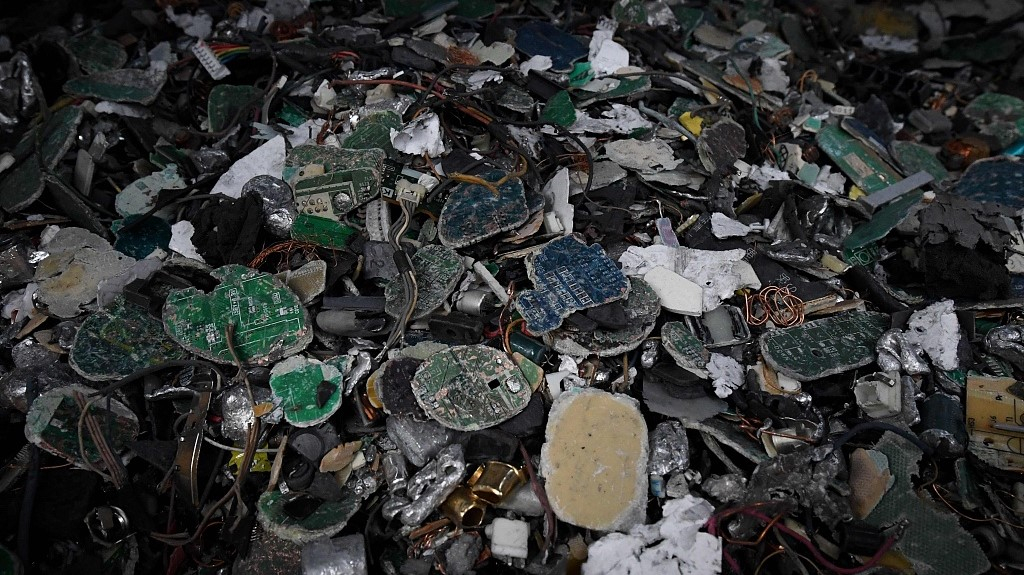
Olympics
19:23, 16-Feb-2019
Tokyo puts more money in 2020 Summer Olympics ceremonies
Li Xiang

The Tokyo Organizing Committee of the Olympic and Paralympic Games decided to increase the budget for the opening and closing ceremonies of the 2020 Summer Olympics by around 40 percent from 82.3 million U.S. dollars to 117.6 million dollars.
The organizing committee made the decision at the 30th meeting of the executive council on Friday in Tokyo. The change of number came from calculations of cost for the confirmed plans of the ceremonies. However, the overall budget of 12.2 billion U.S. dollars for the Olympics will remain unchanged, according to Xinhua News Agency.

Toshiro Muto, CEO of the 2020 Summer Olympics in Tokyo /VCG Photo
Toshiro Muto, CEO of the 2020 Summer Olympics in Tokyo /VCG Photo
Toshiro Muto, the chief executive of the Games, shared the news with the executive council at the meeting: "…using London Olympics spending as a model, I think this is the minimum we need to spend to get the job done."
In his speech at the meeting, Yoshiro Mori, head of the organizing committee, mentioned that Japan will host the 2019 Rugby World Cup. Calling 2019 and 2020 two important years to the country's sports world, Mori hoped that members of the two organizing committees could cooperate more and learn from each other.
In late July 2018, Mansai Nomura, a famous actor in traditional Japanese theater, was appointed as the chief creative director for the opening and closing ceremonies of the Olympics and Paralympics. Film director Takashi Yamazaki is responsible for the Olympics ceremonies while advertisement director Hiroshi Sasaki is in charge of the Paralympics ceremonies.

Electronic waste collected by a company in Tokyo /VCG Photo
Electronic waste collected by a company in Tokyo /VCG Photo
Since the overall budget will not change, the organizing committee will need to cut from other parts of the preparation work and it already did so in medal making. According to BBC, medals of the 2020 Olympics will be made of gold, silver and bronze retrieved from electronic waste that included 5 million old cellphones.
If Tokyo makes all Olympic medals with reclaimed materials, it will be a big improvement from what Rio de Janeiro did in 2016, when the Brazilian city got about 30 percent of the silver and bronze used from waste.

SITEMAP
Copyright © 2018 CGTN. Beijing ICP prepared NO.16065310-3
Copyright © 2018 CGTN. Beijing ICP prepared NO.16065310-3